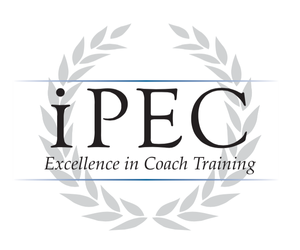
Photo by Binti Malu from Pexels
I have a confession: I don’t like the word “affirmation.” It sounds hokey, trite, and downright annoying. However, the impact of affirmations is anything but. Affirmations are statements of emotional support and encouragement that help us create the reality we want, and they work. In fact, researchers at Carnegie Mellon University found that affirmations helped alleviate stress and improved problem-solving ability in under-performing and chronically stressed individuals.
The truth is, they work for me. My favorites are, “I’m proud of you, Mara”, and “I know I can”, which I use everyday. I’ve gotten over the word itself and have embraced its practice.
Here are best practices on how to use affirmations:
Write Them Down
Affirmations are designed to create self-change, and writing them down is the best way to formulate them. Composing them in the first-person is shown to be most effective. According to Psychology Today, “ Begin your affirmations with ‘I” or “I am….’ These types of statements turn affirmations into statements of identity. Identity statements are powerful motivators for self-change.”
Examples of I statements include, “I am a good mother,” “I am a caring friend,” and “I love helping people.”
Make Them Positive
Similar to backhanded compliments, affirmations framed negatively lose their meaning. Rather than saying, “I no longer stay up late and feel so tired the next day,” reframe it as, “I’ve created a bedtime routine that works for me and I feel energized in the morning.”
Take Ownership
If you Google “affirmations”, your search will return thousands of pages with affirmations authored by others. For affirmations to have the most impact, make them your own. You know what makes you tick and which words resonate with you emotionally. When I say, “I’m proud of you, Mara,” the word “proud” triggers me in the best way.
Visit the App Store
There’s an app for that, and there are several for how to write affirmations. Lifehack provides a great list, including: ThinkUp; Kwippy, Affirmable, Shine, Smiling Mind, and more.
Use Them or Lose Them
The cornerstone of successful self-care is practice. Like my post on routines, you must use your affirmations daily to see results. I like Psychology Today’s recommendations: “Do affirmations first thing in the morning and last thing at night…Put your affirmations on note cards and leave them in plain sight: such as on your bathroom mirror, the steering wheel on your car, your computer monitor, or in your purse or wallet…Writing affirmations down on a daily basis is useful, because the act of writing something out is another mechanism through which the affirmation becomes part of the unconscious mind.”
Conclusion
Whether or not you can tolerate the word “affirmations”, there is no denying their benefits. Write them out, make them original, and choose words that inspire positive emotional responses. Establish a routine and always update your affirmations to keep you going. Rinse, repeat.
What are affirmations that work for you?




Leave a Reply